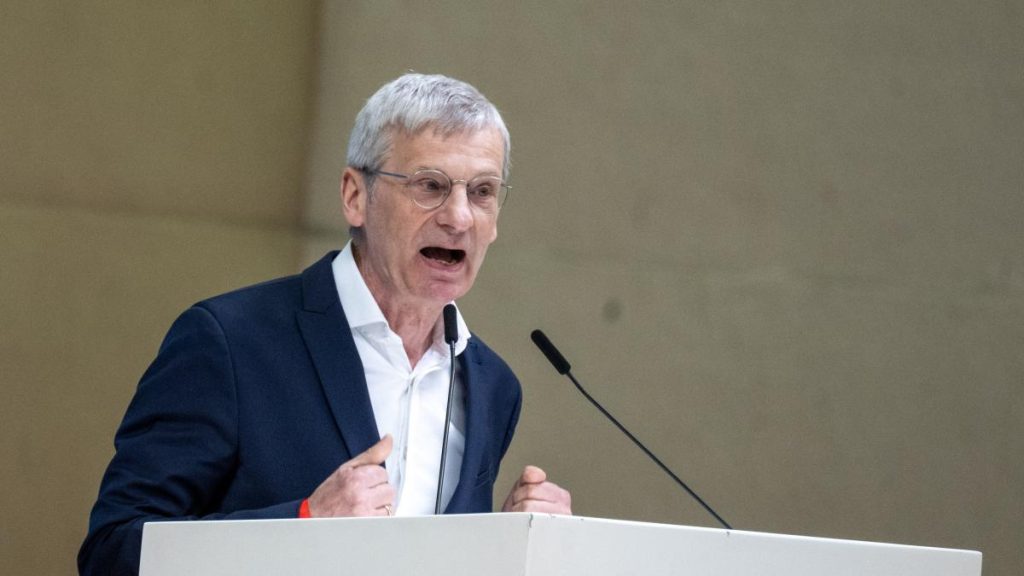The AfD in Brandenburg has chosen its Landtag faction leader, Hans-Christoph Berndt, as its top candidate for the state election in September. Berndt, 68, was selected by a majority vote at a party conference in Jüterbog. He advocated for the controversial right-wing concept of “Remigration” and is the founder of the organization Zukunft Heimat, classified as right-wing extremist by the Verfassungsschutz. Berndt praised a protest in 2015 against a planned asylum seeker accommodation in Golßen and criticized the Verfassungsschutz as a “Neo-Stasi.” He also took aim at democratic parties and Brandenburg’s Minister President Dietmar Woidke (SPD).
Berndt’s statements at the conference included strong criticism of the establishment parties mobilizing against the AfD, declaring their actions as escalating into a “spiritual civil war” against the AfD. He called for overcoming Woidke, who he described as the embodiment of the party state that must be overcome to breathe freely again. He defended fellow AfD member Lars Hünich’s remarks about abolishing the “party state” once they come into power. Berndt expressed support for AfD’s associated organizations, such as the Young Alternative and the Institute for State Policy, both classified as right-wing extremist by the Verfassungsschutz, emphasizing the party’s solidarity in resisting opposition.
According to recent polls, the AfD is leading in Brandenburg with 25% support, surpassing the SPD and CDU. The new AfD leader, René Springer, has declared intentions for the party to govern Brandenburg, although there are currently no potential coalition partners in sight. Berndt’s election as the top candidate reflects the growing popularity of the AfD in the region, as they position themselves as a viable alternative to the established parties. The party’s platform emphasizes challenging the status quo and promoting policies that resonate with disaffected voters in the state.
The AfD’s rise in Brandenburg is indicative of a broader trend of right-wing populism gaining traction in Germany and across Europe. The party’s appeal lies in its anti-establishment rhetoric and promises of change, resonating with voters disillusioned with traditional politics. The controversial stances taken by AfD members, such as advocating for “Remigration” and dismissing criticisms from mainstream parties as baseless, have polarized the political landscape in Brandenburg. The upcoming state election in September will be crucial in determining the AfD’s influence and shaping the future direction of politics in the region.
Despite facing criticism and accusations of extremism, the AfD continues to attract support from a significant portion of the Brandenburg electorate. The party’s defiance of conventional political norms and willingness to challenge the status quo has resonated with voters seeking change and a departure from traditional political parties. As the election approaches, the AfD’s campaign strategy and messaging are likely to focus on tapping into the discontent and frustration of voters, presenting themselves as the voice of the people against the establishment. The outcome of the election will not only determine the political landscape in Brandenburg but also have implications for the broader political climate in Germany.


